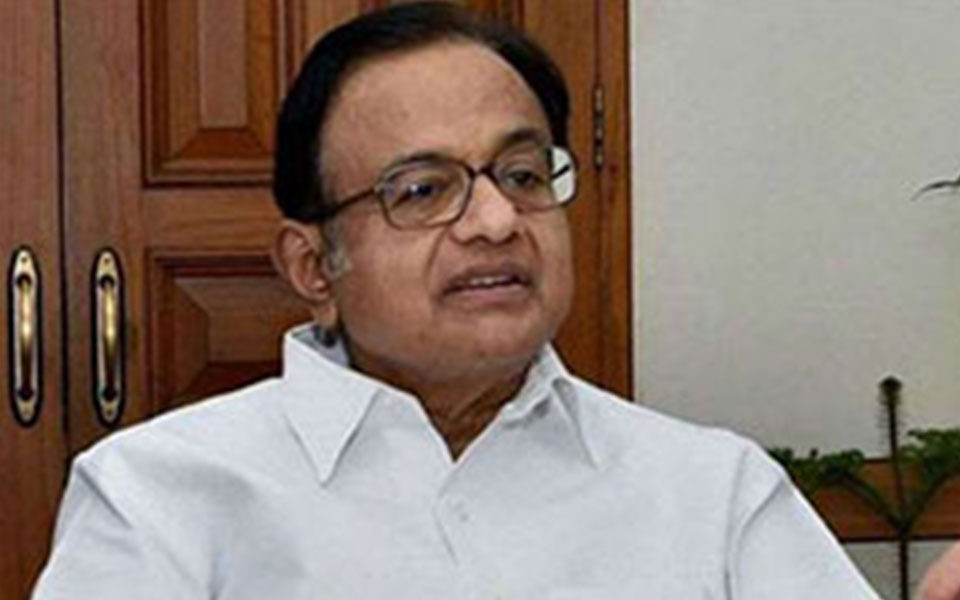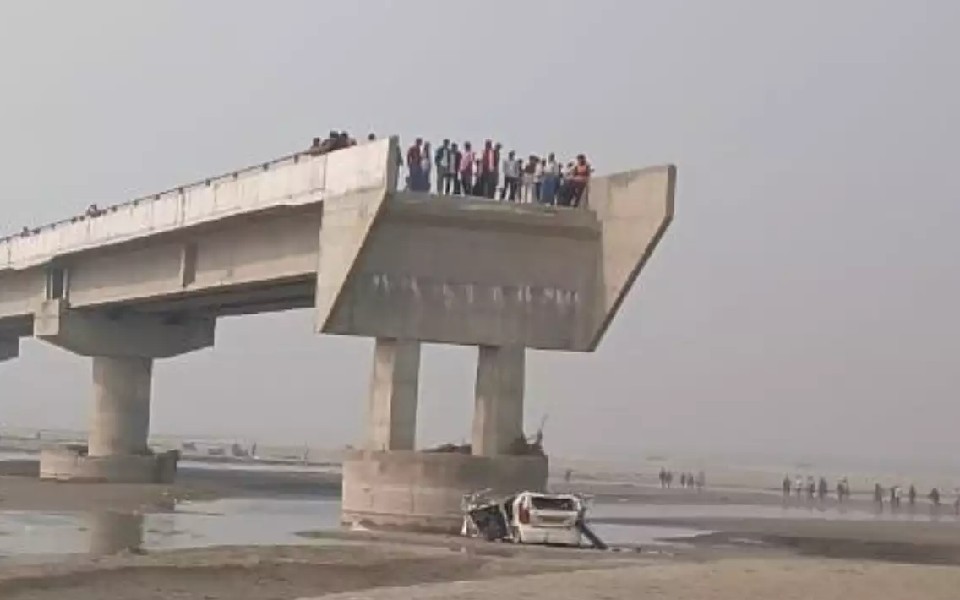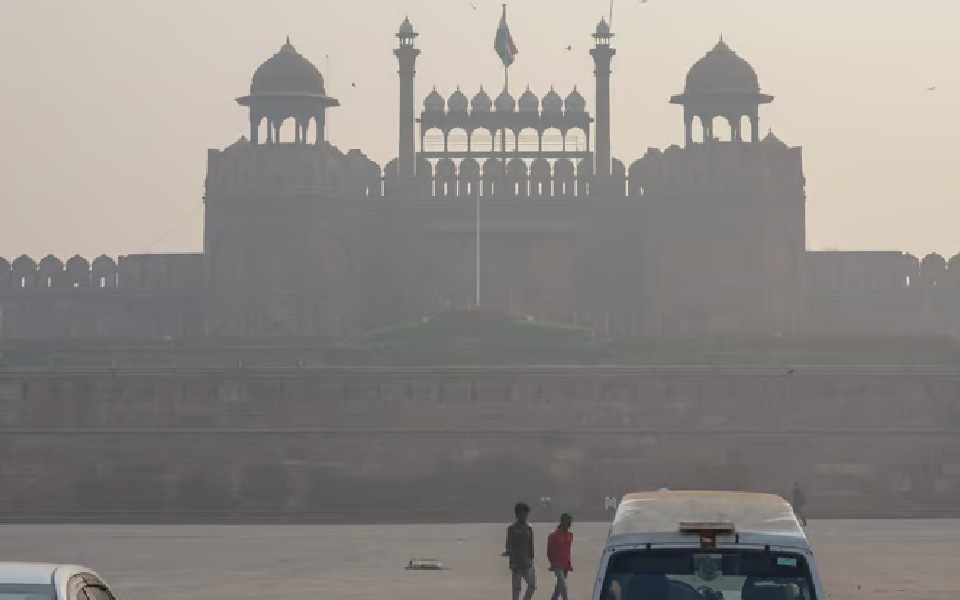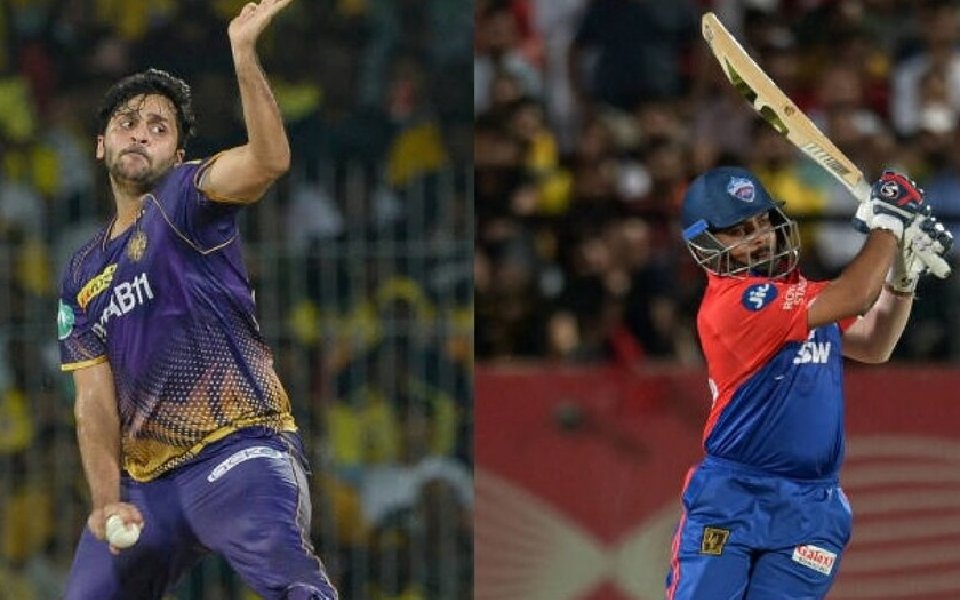New Delhi, May 30: A special court here on Wednesday granted interim protection to P. Chidambaram from arrest till June 5 in the Aircel-Maxis deal case.
Special Judge O.P. Saini announced the order and directed him to join the investigation on June 5, the date when Enforcement Directorate (ED) has asked him to appear before it for questioning.
The court has asked ED to file a response on Chidambaram's anticipatory bail plea and listed the matter for further hearing on June 5.
Earlier, the court granted interim protection to Karti Chidambaram from arrest till July 10 in the Aircel-Maxis deal case.
The Central Bureau of Investigation and the Enforcement Directorate are investigating how Karti Chidambaram allegedly managed to get a clearance from the Foreign Investment Promotion Board (FIPB) in the Aircel-Maxis deal when his father P. Chidambaram was the Finance Minister in 2006.
Let the Truth be known. If you read VB and like VB, please be a VB Supporter and Help us deliver the Truth to one and all.
Budaun (UP), Nov 25: Police here have booked officials of the Public Works Department and Google Maps in connection with the death of three men whose car rolled over an under-construction bridge while following directions on the navigation app, an officer on Monday said.
The car fell into the Ramganga river from a partially constructed bridge in Dataganj Police Station area early Sunday.
Nitin and Ajit, aged 30, both brothers from Farrukhabad district, and Amit, 40, from Mainpuri district, were on their way from Noida to Faridpur in Bareilly to attend a wedding.
According to police, the driver was led by Google Maps into taking the unsafe route.
The incident took place on the Bareilly-Budaun border.
Dataganj Police Station SHO Gaurav Bishnoi said an FIR on charges of laxity in duty and others was filed against four engineers of the PWD, along with some unknown people.
The regional officer of Google Map has also been brought under the scope of investigation. His name is yet to be included in the FIR.
Meanwhile, a spokesperson of Google in a statement said, "Our deepest sympathies go out to the families. We're working closely with the authorities and providing our support to investigate the issue."
On Sunday, Faridpur Circle Officer Ashutosh Shivam said, "Earlier this year, floods caused the front portion of the bridge to collapse onto the river, but this change had not been updated in the system."
He said the bridge had no safety barriers or warning signs on the approach.





